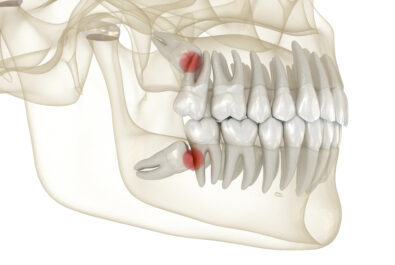Dental treatment is quite often not an easy treatment, it’s definitely no walk in the park. Which is why your dentist will offer sedation dentistry – a way to have an anxiety-free and relaxing dental experience. Can you even imagine? How does sedation dentistry work? Basically, your dentist will give you a medication (based on how severe your dental anxiety is) that eases your mind, relaxes you, and sometimes even puts you to sleep in order for you to undergo your dental treatment. This medication can be taken in a variety of ways, too, to make it easiest for the patient.
What Are The Levels Of Sedation Dentistry?
Does the thought of entering a dental office completely paralyze you? So much so that you would rather endure intense tooth pain than make an appointment with your dentist? Unfortunately, this is more common than you’d think – but if you’re this afraid, chances are your dentist will provide you with some deep sedation or even general anesthesia so you won’t have to worry about a thing.
However, if you just can’t stand to bear through the treatment but you’re not going to pass out if your dentist comes near you with their tools – you could probably benefit from a more mild sedation where you’re awake but extremely relaxed.
In between these, you also have a moderate sedation – which can relax you to the point where you won’t remember the procedure but you will still be conscious (not asleep like deep sedation or general anesthesia).
What Are The Different Types Of Dental Sedation?
For moderate cases, you may be given a pill or an IV so your dentist can administer the medication into your veins for a quicker sedation.
Lastly, for severe cases the deep sedation can also be done through medication in a pill form or through an IV just with an adjusted amount to properly fit the case of the patient.














